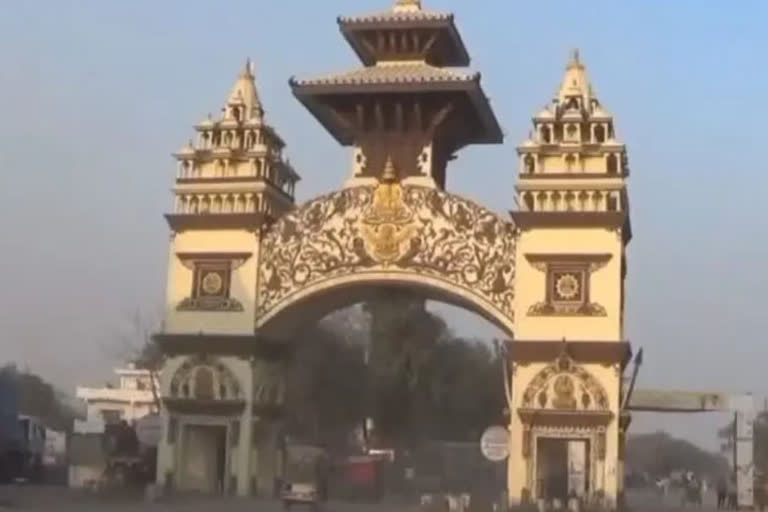New Delhi: The United States has urged Nepal to ratify the proposed grant assistance from it under the Millennium Challenge Corporation (MCC) by February 28, saying if Kathmandu did not accept the USD 500 million programme, Washington would review its ties with the Himalayan nation and consider China’s interests are behind its failure.
Talking to ETV Bharat about it, S D Muni, former Ambassador and Professor Emeritus at the School of International Studies, Jawaharlal Nehru University (JNU), "The deadlock over this MCC deal is loud and clear and the Chinese influence behind this row cannot be ruled out. The equation that Nepal is a part of China's BRI project and that is why China, in any case, would certainly not want the Americans to get a foothold there and they would want it not to be accepted".
KP Sharma Olli's proximity with China had been a major irritant for New Delhi in the past. In case, Oli re-emerges as a key political leader, would the issues of Kalapani, Lipulekh and Limpiyadhura (the border issues) start making rounds again? "Kalapani is an issue that is not going to go out because they have (Nepal government) put it in their constitution. Even PM Deuba's government had raised the Kalapani issue," Muni said.
In a surprising development, on Thursday, sensing the intense gravity on the ground, Nepal PM Deuba met main opposition leader KP Sharma Oli, which is being interpreted as his determination to secure parliamentary ratification of the MCC compact, risking a split in the ruling coalition if the coalition partners continued to object to the compact.
READ: Nepal's population witnesses lowest growth in 80 years: Reports
PM Deuba, who is also the president of the Nepali Congress has consistently said that MCC is in the best interest of the country. But on Wednesday, Deuba stalled his plan to table the MCC compact in Parliament after the Communist Party of Nepal (Maoist Centre), a major coalition partner, threatened to pull out of the government if the grant agreement was tabled without consensus.
The communist and the Maoist parties who are key coalition partners in the ruling government have repeatedly said that they would accept the terms of MCC only if few of its terms gets amended. PM Deuba has agreed to move in for adoption while CPN (Maoist Centre) Chairman Pushpa Kamal Dahal ‘Prachanda’ and Madhav Kumar Nepal of CPN (Unified Socialist), major coalition allies have reservations on this.
They have agreed to accept the MCC deal but they stand firm on the equation that its terms need to be amended which if not could infringe on the sovereignty and independence of Nepal, says Ambassador Muni.
Talking about the MCC row and Nepal, Dr Nishchal N. Pandey, Director, Centre for South Asian Studies, Kathmandu, speaking to ETV Bharat said: "Increasingly, the geopolitical contest between major powers has turned Nepal into a boxing ring. Whether or not to ratify the MCC has been a hotly contested issue and has taken the Nepal-US relationship to the level of the common man. In the past, Nepal was able to mould the geo-political rivalry into economic benefits and infrastructure development for itself. However, at present situation is more complicated".
While the Assembly elections are a few months away, any sudden collapse of the present government could produce chaotic results for Nepal. Additionally, if the US reviews its ties with Nepal following Nepal’s failure to endorse the MCC pact, it would adversely affect Nepal’s economic sector.



